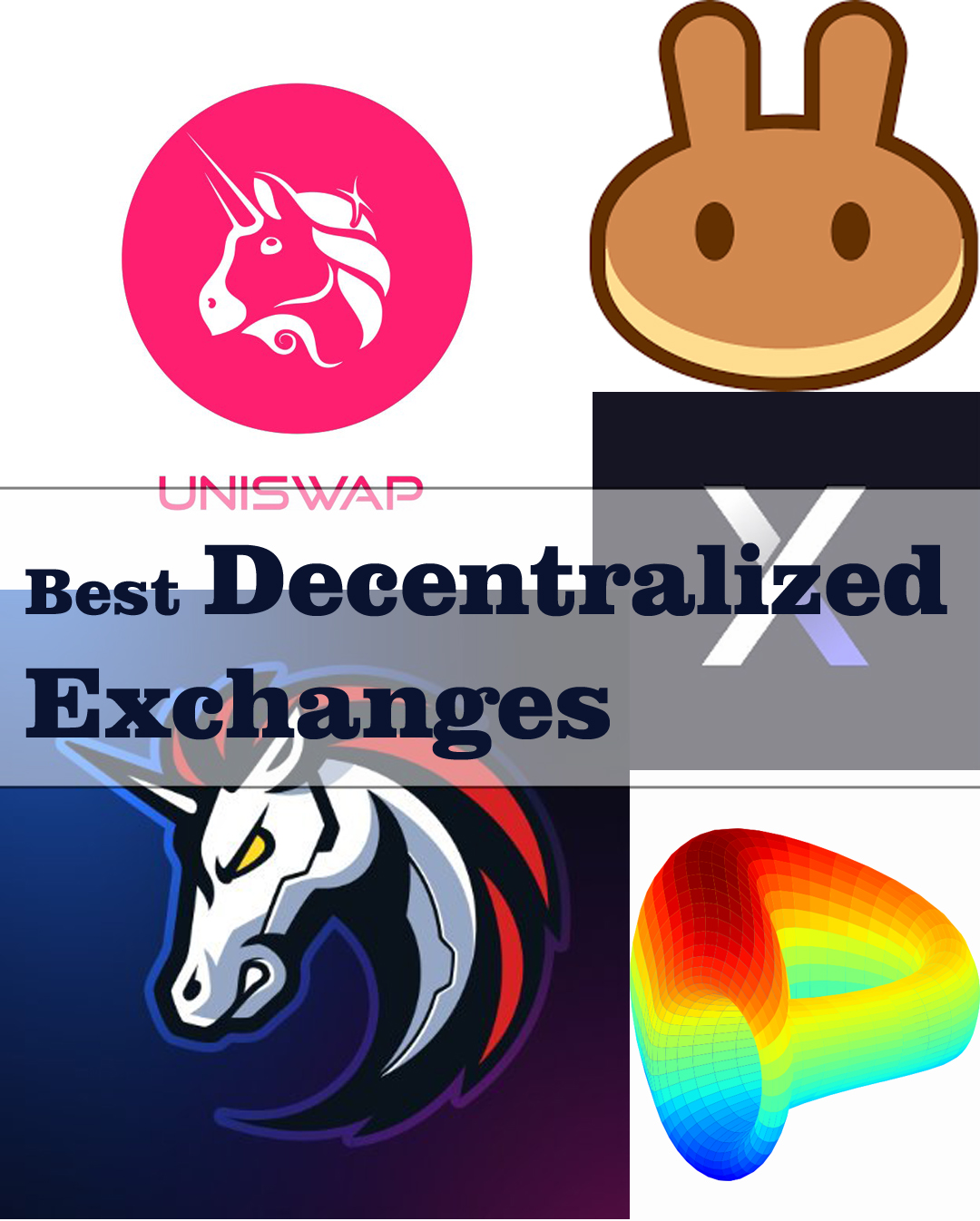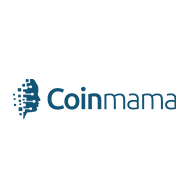Are you interested in buying, selling, and trading cryptocurrencies through a decentralized exchanges? If so, you can read this article which describes all the details and best decentralized exchanges in 2023.
Our team of experts has conducted a thorough market analysis to identify the top decentralized exchanges tailored to investors like you.
By the time you finish reading, you’ll have a clear understanding of which exchanges offer the best pricing and features.
What Is a Decentralized Exchange?
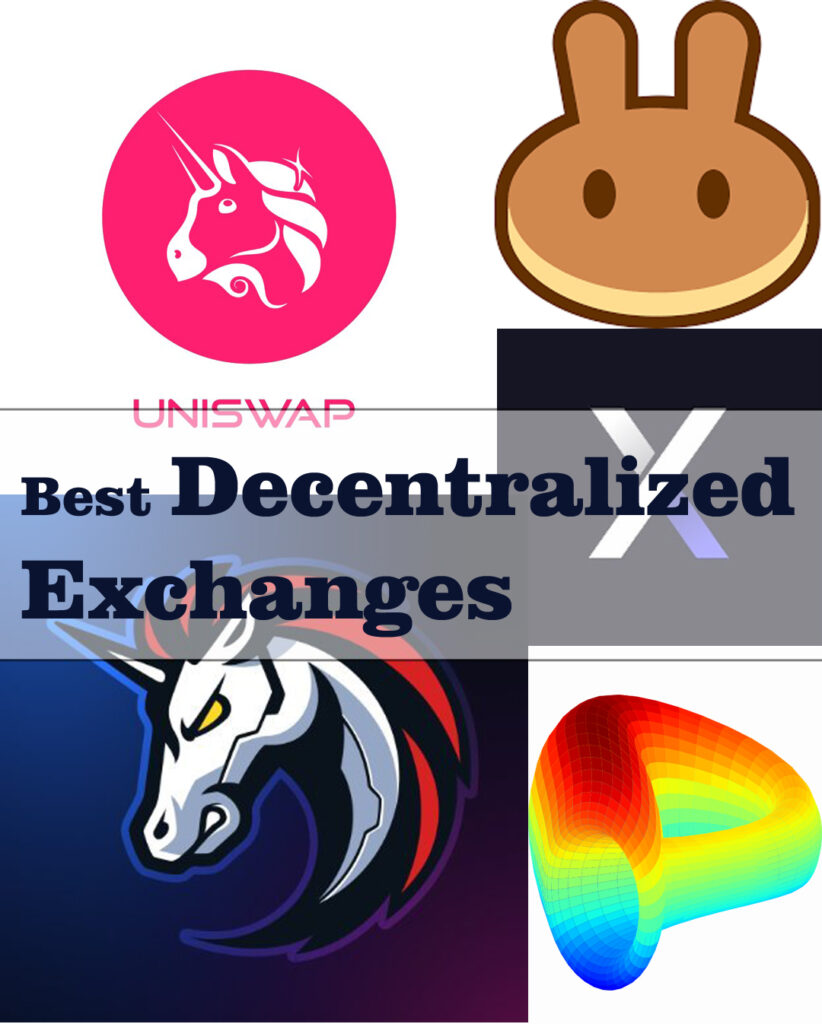
A decentralized exchange empowers users to buy, sell, and trade cryptocurrencies without relying on a central intermediary for liquidity and transaction verification. Instead, users provide liquidity, and transactions are verified through the blockchain. This approach allows cryptocurrency transactions to occur without the involvement of middlemen like centralized exchanges or banks.
Centralized vs. Decentralized Exchanges
Centralized exchanges like Coinbase are often recommended for newcomers who may not be well-versed in decentralized finance. Unlike decentralized exchanges such as Uniswap, centralized exchanges usually offer user-friendly interfaces, customer support, and the ability to link to your bank account.
Top 5 Decentralized Cryptocurrency Exchanges
- Uniswap (The Most Popular Choice)
- Curve.fi (Ideal for Stablecoins)
- 1inch (Known for Competitive Prices)
- PancakeSwap (Best for Binance Smart Chain)
- dYdX (Your Go-To for Derivative Trading)
Uniswap
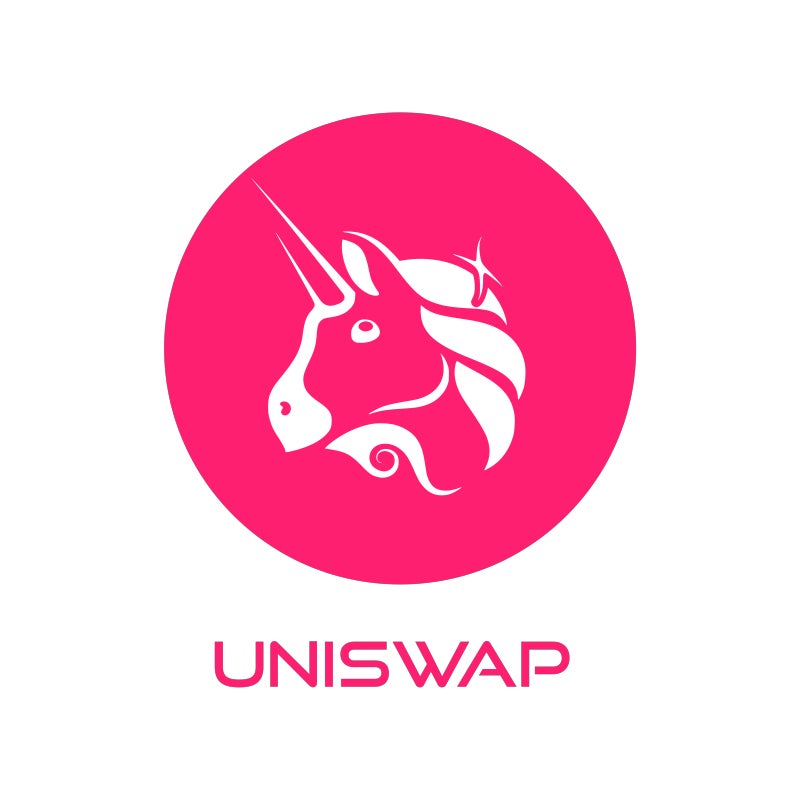
Uniswap stands as the world’s largest decentralized exchange, enabling you to buy, sell, and trade ERC-20 tokens on the Ethereum blockchain. To get started, simply connect your Ethereum wallet, and you’ll be ready to engage in cryptocurrency trading and provide liquidity to Uniswap’s pools for yield generation. Uniswap’s immense popularity ensures ample liquidity and a user-friendly experience.
Curve.fi

Curve is designed as a decentralized exchange primarily for swapping stablecoins of similar values. This approach safeguards liquidity providers and minimizes impermanent loss. Regarded as one of the most trusted decentralized exchanges, Curve attracts many investors who seek low-risk staking rewards by depositing their stablecoins.
1inch

Unlike the other decentralized exchanges on our list, 1inch operates as a decentralized exchange aggregator. It scours various decentralized exchanges on the Ethereum blockchain to locate the lowest fees and best prices for your trades. With 1inch, you can buy, sell, and trade ERC-20 tokens and even make purchases with a debit or credit card through Moonpay.
PancakeSwap

PancakeSwap is a decentralized exchange built on the Binance Smart Chain (BSC), established in response to Ethereum-based exchanges facing issues with slow transaction speeds and high gas fees. Today, PancakeSwap boasts a substantial liquidity pool, a user-friendly interface, and the advantage of minimal blockchain gas fees for BSC-based assets trading.
dYdX
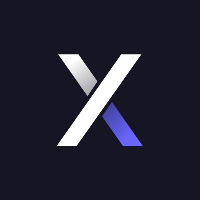
dYdX is a decentralized exchange supporting lending, borrowing, perpetual trading, and margin trading, features not commonly found on other decentralized exchanges. This makes dYdX an attractive option for traders seeking higher-risk opportunities. Additionally, dYdX has partnered with Starkware, an Ethereum Layer 2 scaling solution, resulting in lower blockchain gas fees.
Benefits of Decentralized Exchanges
There are several compelling reasons for investors to opt for decentralized exchanges:
- Decentralized exchanges allow users to trade while retaining custody of their cryptocurrencies in their own wallets, mitigating risks associated with centralized custody.
- Decentralized exchanges often offer a more extensive range of cryptocurrencies to buy, sell, and trade, as they do not face the same approval processes as centralized exchanges.
- Decentralized exchanges eliminate the potential for censorship and transaction restrictions, as there is no intermediary to exert control.
Key Considerations for Choosing a Decentralized Exchange
When selecting a decentralized exchange, keep these factors in mind:
Liquidity
Adequate liquidity is crucial for smooth cryptocurrency swapping. Low liquidity may hinder your ability to trade various cryptocurrencies effectively.
Reputation
Prioritize decentralized exchanges with a solid reputation for trustworthiness and security to safeguard your cryptocurrency holdings.
User Interface
Choose an exchange with an intuitive user interface that complements your trading style.
Getting Started with a Decentralized Wallet
To begin using a decentralized exchange, follow these three steps:
Create your wallet
Choose a wallet that allows you to interact with decentralized protocols like Uniswap. MetaMask and Coinbase Wallet are popular options with user-friendly Google Chrome extensions.
Fund Your Wallet
You’ll need cryptocurrency to initiate transactions on a decentralized exchange. Buy cryptocurrency on a centralized exchange and transfer it to your wallet.
Connect to a Decentralized Exchange
Once your wallet is funded, you can start trading and providing liquidity on your chosen decentralized exchange.
Taxation on Decentralized Exchange Transactions
While transactions on decentralized exchanges offer a degree of pseudonymity, it’s essential to report your cryptocurrency taxes. Keep in mind that blockchain transactions for assets like Bitcoin and Ethereum are publicly visible. In past years, tax authorities like the IRS have used tools like Chainalysis to scrutinize blockchain transactions and combat crypto tax evasion. For simplified tax reporting, platforms like CoinLedger can assist, integrating with Ethereum, Binance Smart Chain, and Solana to automatically retrieve your transaction history.
Frequently Asked Questions
What’s the Best Decentralized Exchange for Beginners?
Uniswap is an excellent choice for novice investors due to its user-friendly interface and widespread popularity.
Do Decentralized Exchanges Report to the IRS?
Currently, decentralized exchanges do not report to the IRS. However, transactions on blockchains like Ethereum and Bitcoin are publicly visible and permanent.
Which Is the Cheapest Decentralized Exchange?
1inch is known for its ability to aggregate prices from various decentralized exchanges, helping users find the most cost-effective trading options.
Is Binance a Decentralized Exchange?
Binance is not categorized as a decentralized exchange. When you trade on Binance or Binance.US, your transactions are managed, executed, and verified by a centralized intermediary.

